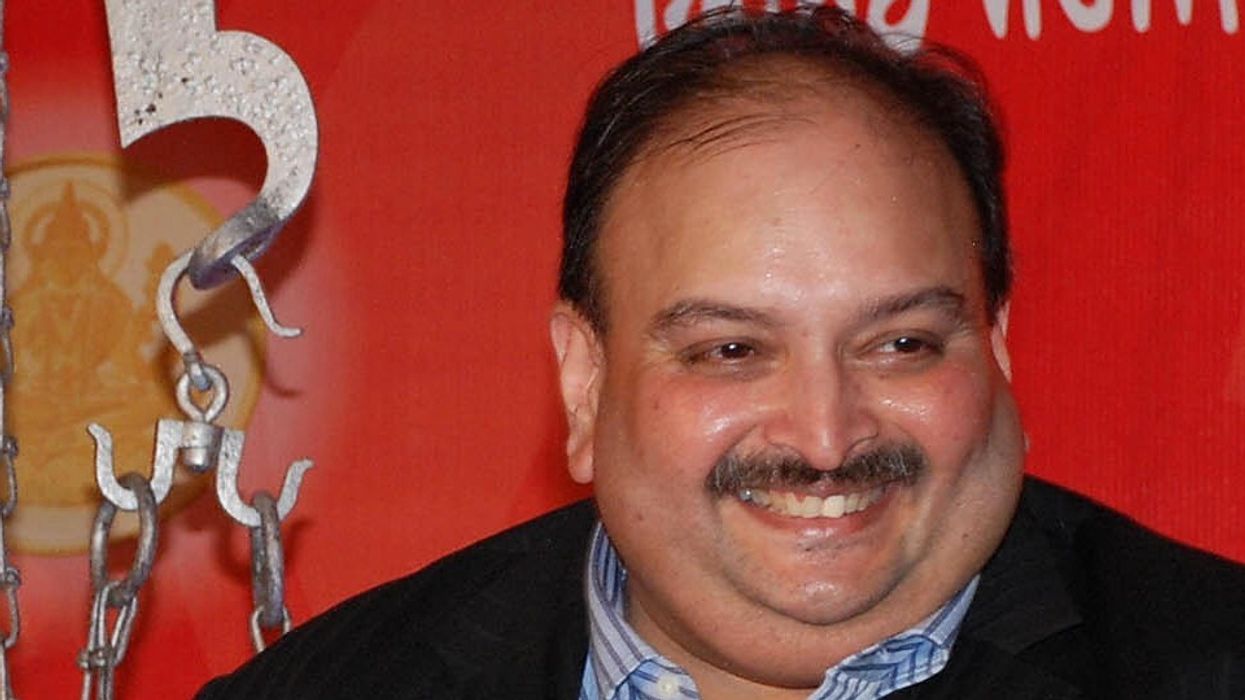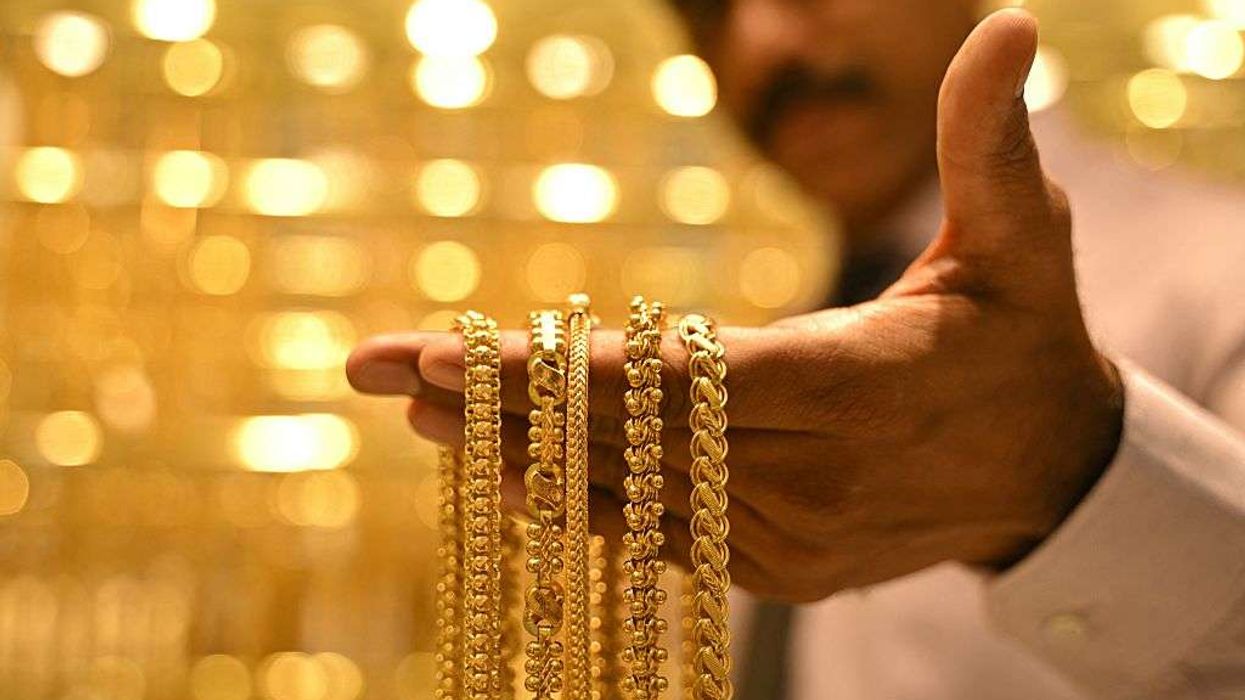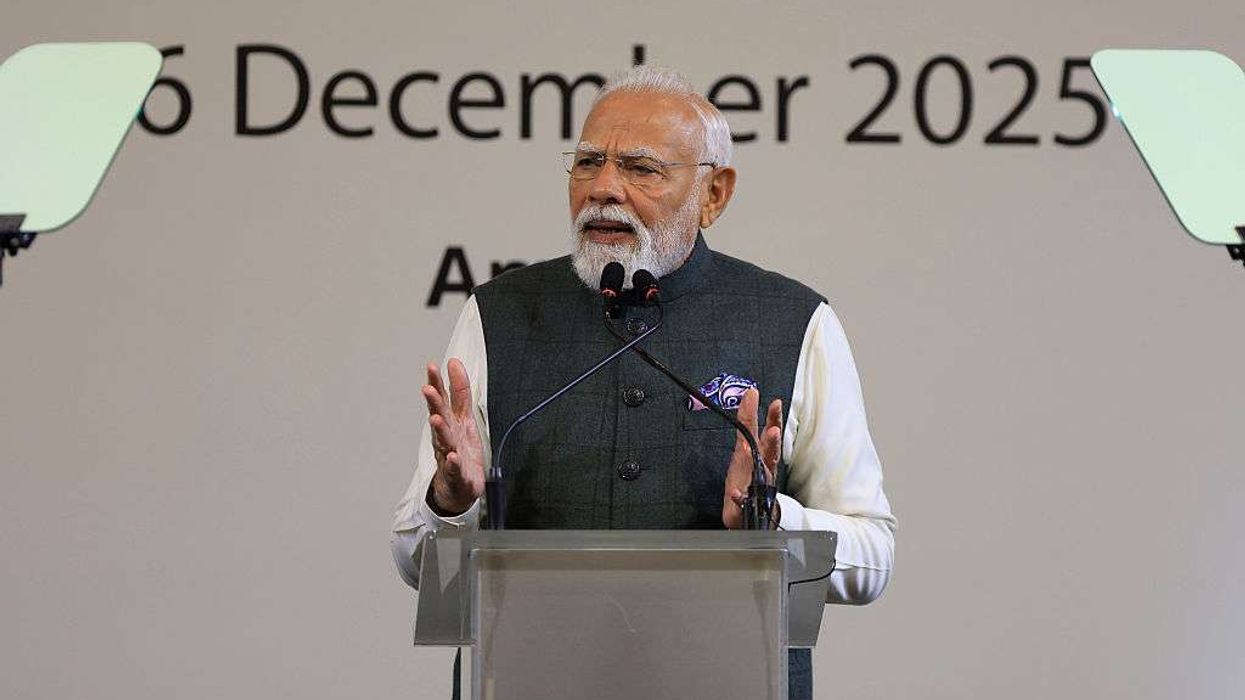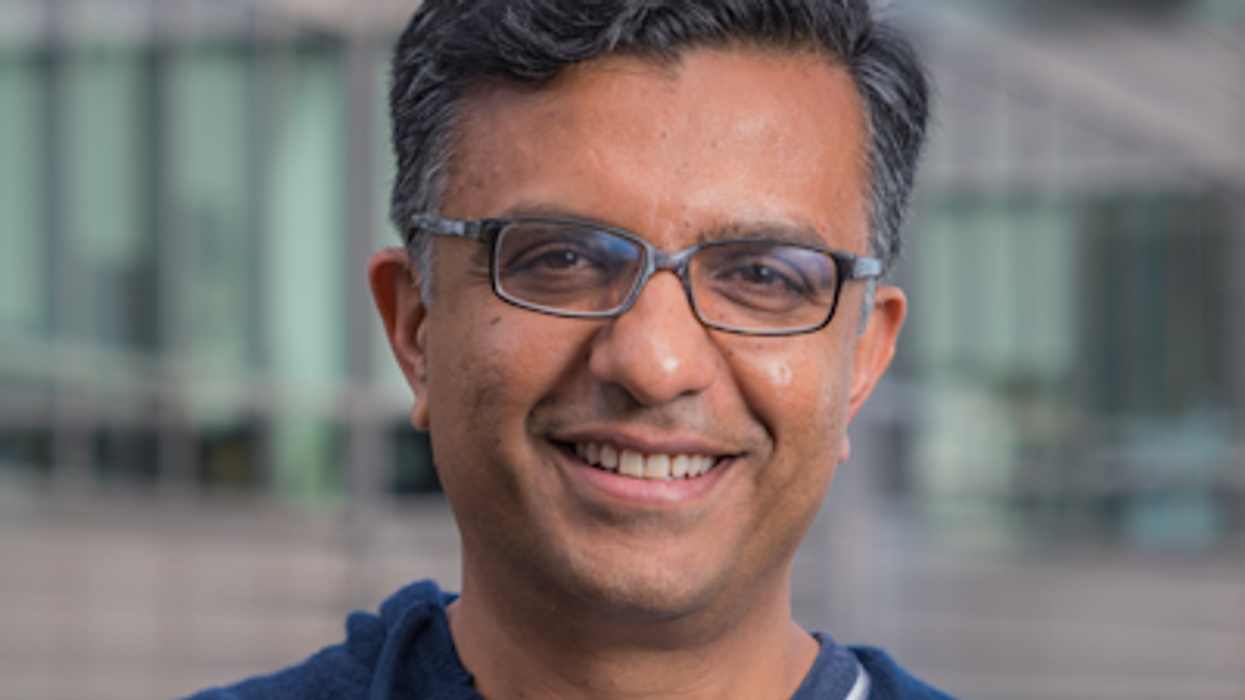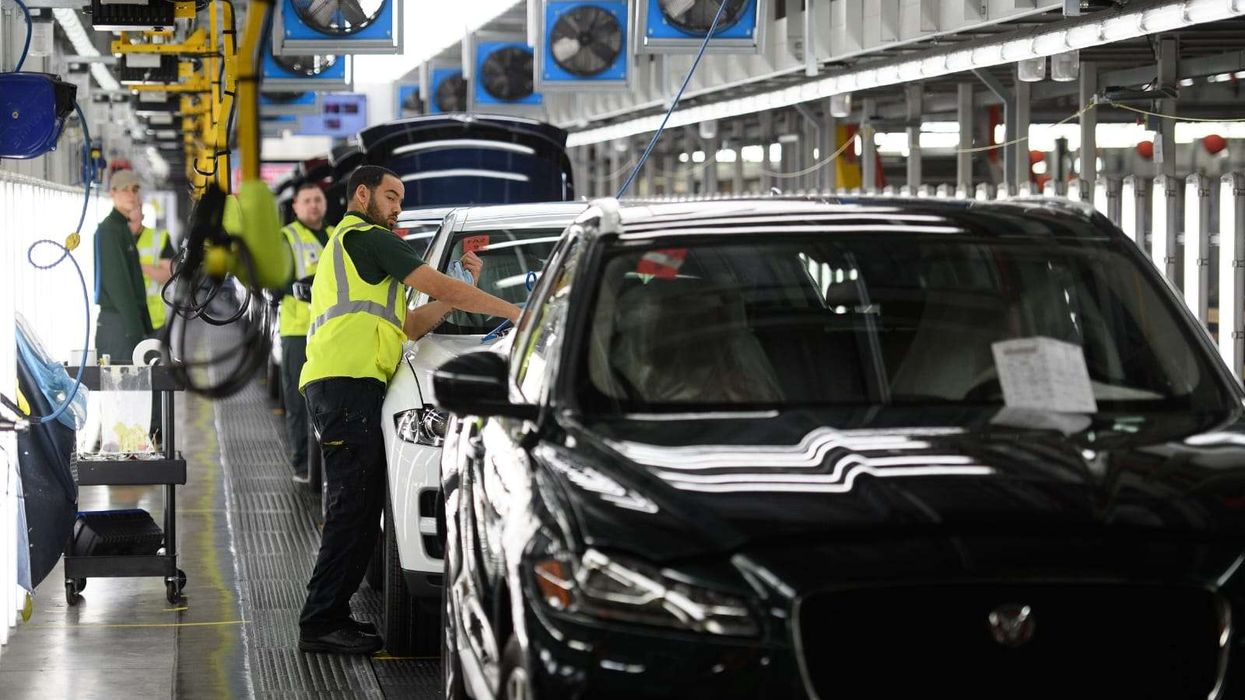FUGITIVE jeweller Mehul Choksi accused India of orchestrating his kidnapping to extradite him on fraud allegations, with his lawyers telling London's High Court on Monday (16) that only India had the motivation and resources to do so.
Choksi – who was arrested in Belgium in April – is wanted in India over his alleged involvement in one of India's biggest bank frauds at Punjab National Bank, which in 2018 announced it had discovered alleged fraud worth $1.8 billion (£1.29bn).
The Indian government has since sought to extradite Choksi, who faces charges alongside his nephew Nirav Modi, who has been in custody in Britain since 2019. The pair deny any wrongdoing.
Choksi is separately suing the Indian government in London, arguing that the state was responsible for his kidnapping in Antigua in 2021, when he says he was abducted and taken to Dominica in an attempt to extradite him to India.
India's lawyer Harish Salve said in court filings that "there is no evidence of India having anything to do with the alleged events".
Choksi alleges he was beaten in a failed attempt to extort a false confession and implicate India's political opposition, which he says points to state involvement in the incident.
Choksi's lawyer Edward Fitzgerald told the court: "The evidence points inevitably to India being behind this – they had the motivation, they had the resources."
Monday's hearing, the first since Choksi filed his case last year, was held to decide when India's application to throw out Choksi's lawsuit on state immunity should be held.
(Reuters)
